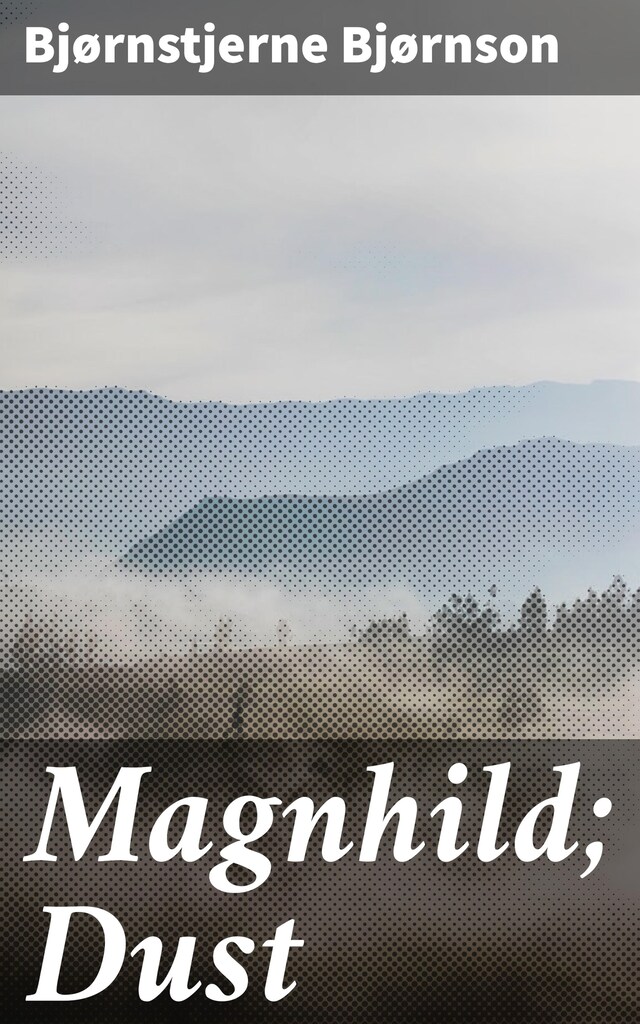
Magnhild; Dust
A Lyrical Exploration of Love and Betrayal in 19th Century Norway
Description of book
Bj√∏rnstjerne Bj√∏rnson's "Magnhild; Dust" presents a nuanced exploration of the human condition through the lenses of love, societal expectations, and individual desires. This dual narrative, comprising the intertwined lives of its titular character Magnhild and the allegorical representation of Dust, delves into themes of self-identity and moral conflict. Bj√∏rnson's prose is marked by its lyrical quality and emotional depth, reflecting the influences of the Norwegian Romantic Movement while also pushing against the constraints of traditional narrative forms. The book's interplay between realism and symbolism invites readers to ponder the complexities of human relationships in the wake of societal pressures, making it a profound commentary on the human experience in 19th-century Scandinavia. Bj√∏rnstjerne Bj√∏rnson (1832-1910) was a central figure in Norwegian literature and political life, deeply rooted in the cultural and social issues of his time. A contemporary to Ibsen, his literary career unfolded during a period of national awakening in Norway, which may have influenced his decision to address themes of love and social constraint. Bj√∏rnson'Äôs own experiences as a poet, playwright, and Nobel laureate shaped his perspective on the struggles of individuality against societal norms, infusing his works with both personal and political significance. "Magnhild; Dust" is a compelling read for anyone interested in the intersections of love, identity, and society. Bj√∏rnson crafts a narrative that challenges readers to reflect on their own lives while engaging with the moral complexities that define the human experience. Its rich character development and timeless themes make this book not just a work of literary art, but a mirror reflecting the ongoing dialogues surrounding self and society.
 Bjørnstjerne Bjørnson
Bjørnstjerne Bjørnson 204 Pages
204 Pages